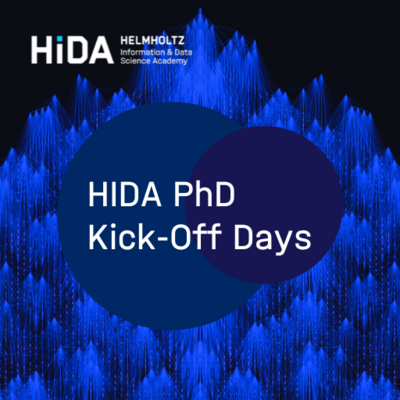In the HIDA Lecture@HDS-LEE outstanding international Data Scientists are invited to speak about their current research.
Statistical decisions are often given meaning in the context of other decisions, particularly when there are scarce resources to be shared. Managing such sharing is one of the classical goals of microeconomics, and it is given new relevance in the modern setting of large, human-focused datasets, and in data-analytic contexts such as classifiers and recommendation systems. He willl discuss several recent projects that aim to explore the interface between machine learning and microeconomics, including leader/follower dynamics in strategic classification, a Lyapunov theory for matching markets with transfers, and the use of contract theory as a way to design mechanisms that perform statistical inference.
Michael I. Jordan is a Professor of Electrical Engineering and Computer Sciences and Professor of Statistics at UC Berkeley. He received his Masters in Mathematics from Arizona State University, and earned his PhD in Cognitive Science in 1985 from the University of California, San Diego. He was a professor at MIT from 1988 to 1998. His research interests bridge the computational, statistical, cognitive, biological and social sciences. Prof. Jordan is a member of the National Academy of Sciences, a member of the National Academy of Engineering, a member of the American Academy of Arts and Sciences, and a Foreign Member of the Royal Society. He is a Fellow of the American Association for the Advancement of Science. He was a Plenary Lecturer at the International Congress of Mathematicians in 2018. He received the Ulf Grenander Prize from the American Mathematical Society in 2021, the IEEE John von Neumann Medal in 2020, the IJCAI Research Excellence Award in 2016, the David E. Rumelhart Prize in 2015, and the ACM/AAAI Allen Newell Award in 2009. He gave the Inaugural IMS Grace Wahba Lecture in 2022, the IMS Neyman Lecture in 2011, and an IMS Medallion Lecture in 2004. He is a Fellow of the AAAI, ACM, ASA, CSS, IEEE, IMS, ISBA and SIAM. In 2016, Prof. Jordan was named the "most influential computer scientist" worldwide in an article in Science, based on rankings from the Semantic Scholar search engine.



